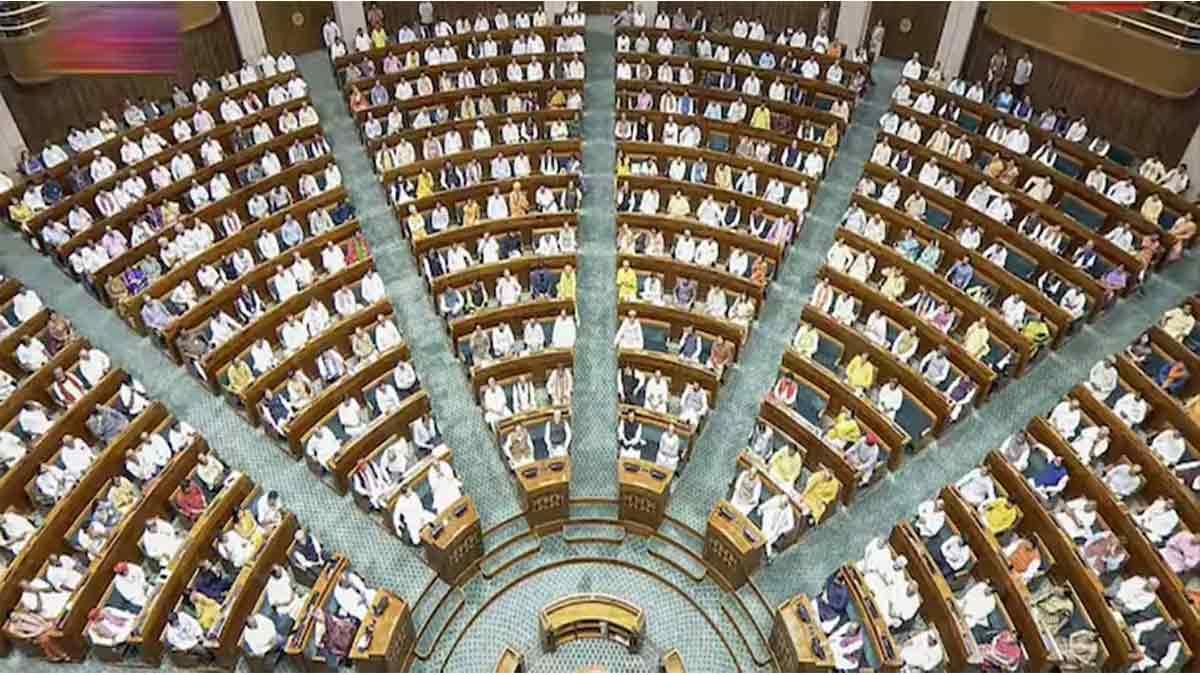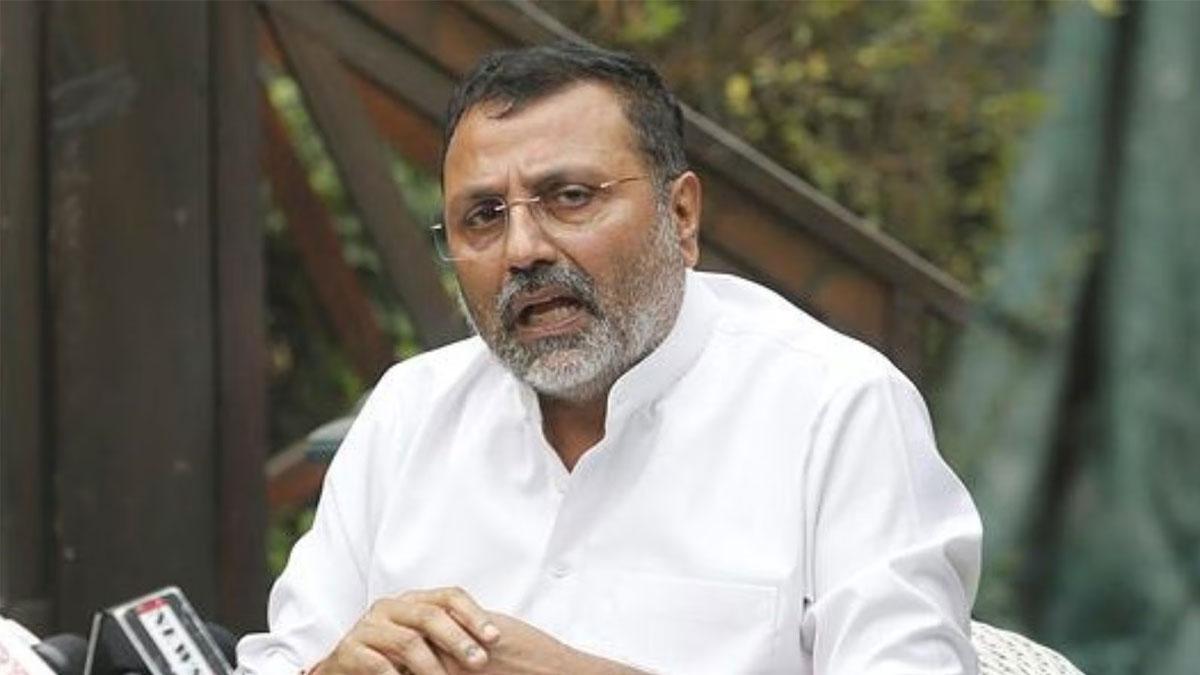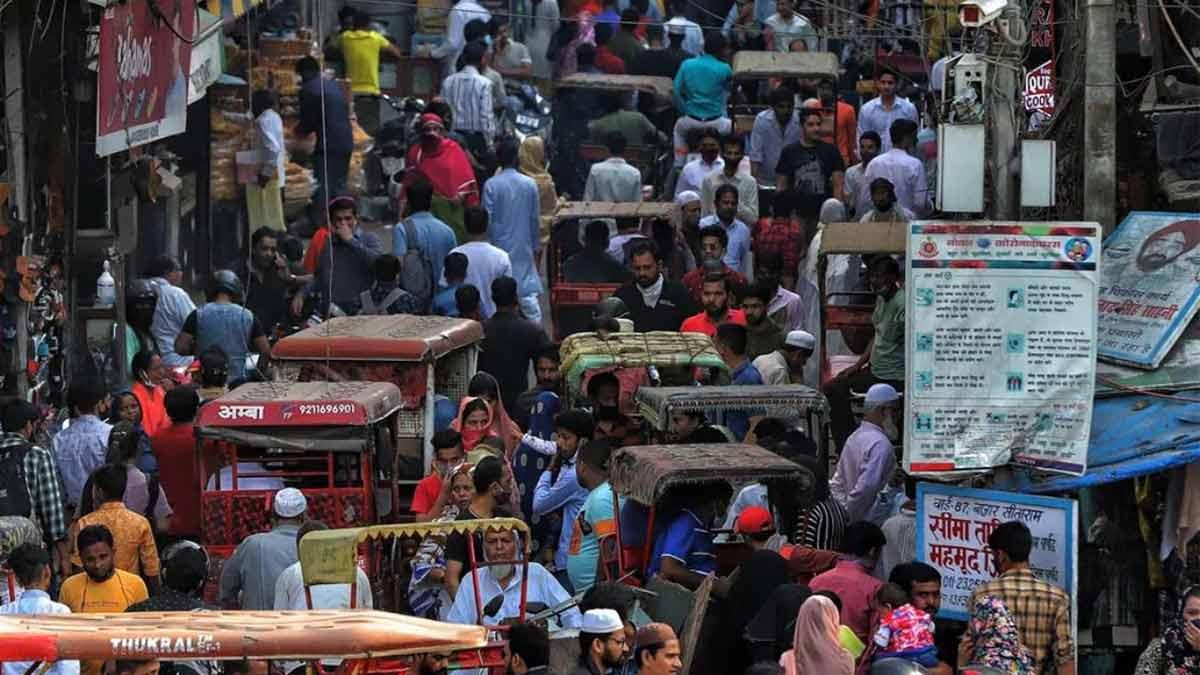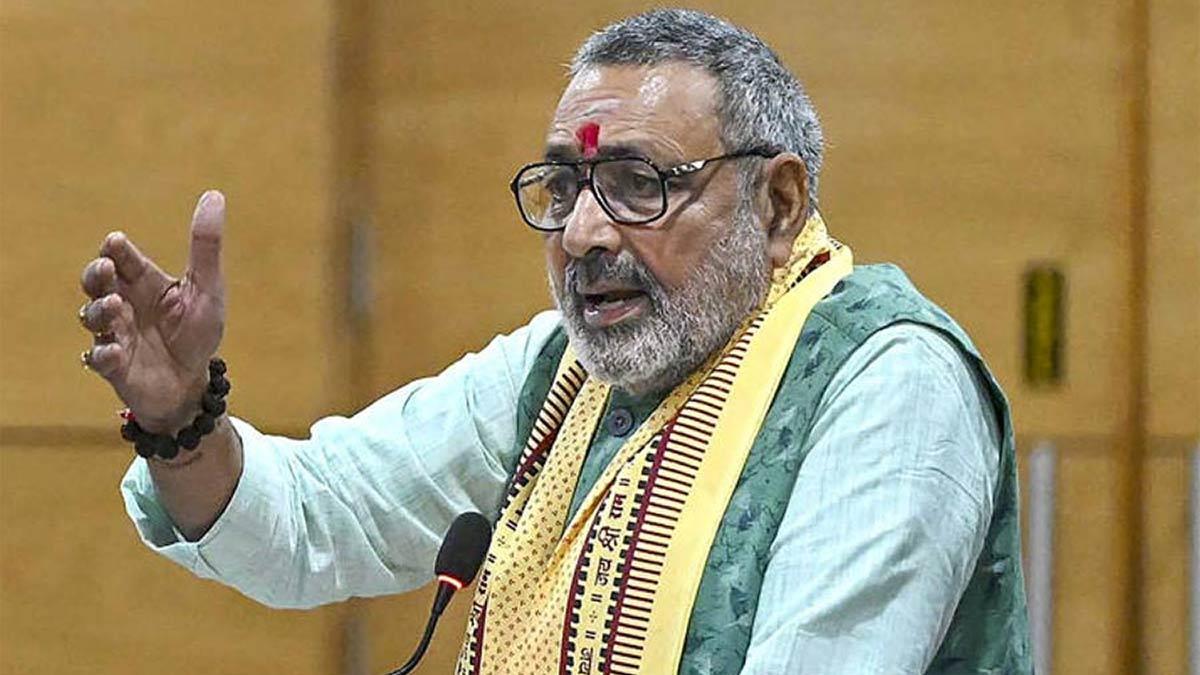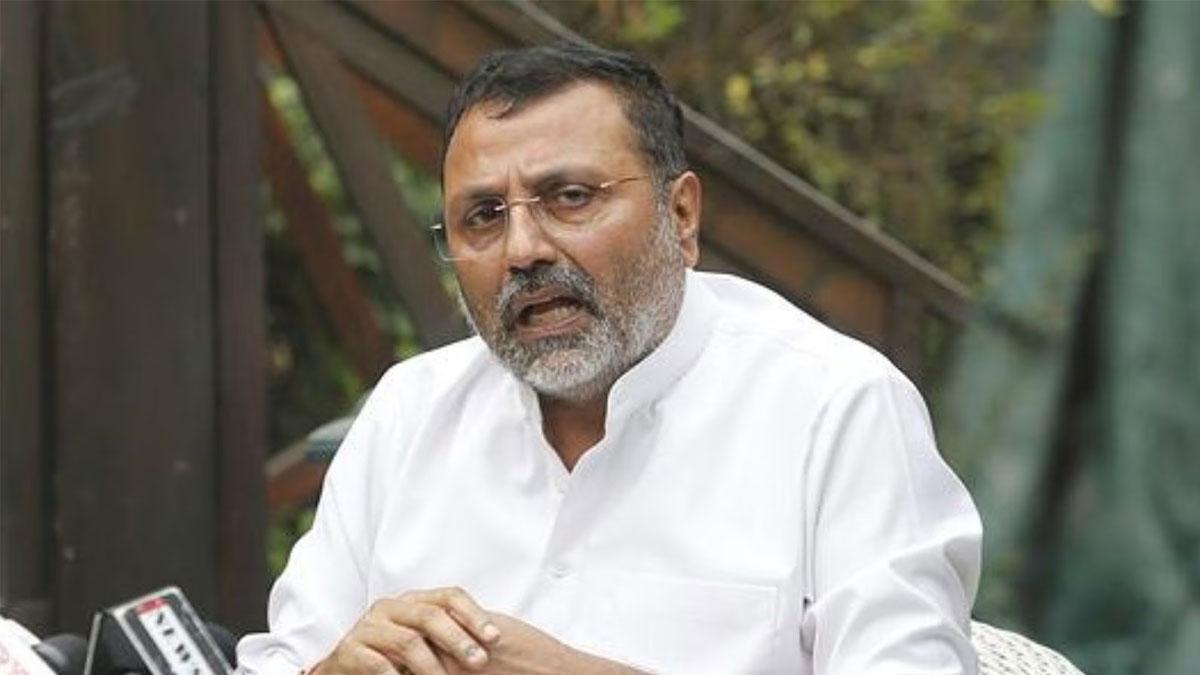The Waqf (Amendment) Bill was the centre of heated debate once again on Wednesday when it was brought before the Lok Sabha. After a lengthy debate that lasted almost 12 hours, the Bill was finally cleared in the Lower House early on Thursday morning. The voting final tally had the Bill pass with 288 votes to 232.
During the discussion, Union Home Minister Amit Shah strongly criticized the previous UPA government's 2013 amendments to Waqf laws, calling them politically driven and hastily introduced ahead of the 2014 general elections. He particularly pointed out the implications of these changes, notably the transfer of 123 high-profile properties in Delhi’s Lutyens zone to Waqf authorities.
Shah contended that if the 2013 amendments had not been introduced, there would be no need for the present Bill. He asserted that the job of the Waqf Board was accountability and avoiding financial malpractices.
Before the voting procedure, Union Parliamentary Affairs Minister Kiren Rijiju came to the defense of the government's position, dismissing criticism the Bill aimed at Muslims.
He said, "You continue claiming that our government is acting against Muslims, but it was you who established distinct boards for Sunni, Shia, and other communities. We had proposed a combined board to foster unity.
Rijiju also dispelled confusion regarding the difference between Waqf and Waqf Board, addressing grievances over non-Muslim interference in religious matters. "The court ruling was shown before you, yet you don't accept the fact. Even after the Home Minister explained it step by step, this matter shouldn't have raised again," he stated.
Regarding the role of the Collector, Rijiju asserted: “The Collector oversees revenue and administration; he is the district’s welfare officer. If we cannot trust him, who else can we trust?”
As debates continued, Rijiju stressed the importance of accurate land records and regulatory oversight. Brushing aside AIMIM chief Asaduddin Owaisi's charge that the Bill was an insult to Muslims and asked why Hindus were not treated similarly, he said: "Owaisi Sahab asked why these provisions are not for Hindus. The point is, such provisions are already there. For Islam, we are bringing in laws that are in favor of women and children who are also citizens of the country."
He went on to explain, "If a person asserts ancestral land rights, Waqf now requires evidence. This is above religion. Legal documents are enough—faith does not matter; all land is the nation's." Owaisi, in protest, theatrically ripped a copy of the Bill in Parliament.
Jagdambika Pal, who is the Joint Parliamentary Committee (JPC) Chairman on the Waqf (Amendment) Bill, had previously during the day confirmed that the Bill would pass smoothly in Parliament and would ultimately be to the good of the Muslim community.
Talking to IANS, Pal said, "We toiled day and night for six months to prepare a detailed report on this Bill. The Opposition accused this as an election strategy for Bihar, but despite such unsubstantiated allegations, the Bill will be passed today.
Against the backdrop of controversy, Syed Naseruddin Chishty, President of the All India Sufi Sajjadanashin Council, brushed aside the apprehensions of some Muslim organizations that the Bill would result in the seizure of religious assets. He asked the general public not to fall prey to disinformation and clarified that the Bill only seeks to establish more stringent rules to ensure Waqf property are not mismanaged.
In the Parliament, Congress MP Gaurav Gogoi vehemently opposed the Bill, terming it an "assault" on the Constitution and parliamentary traditions. He criticized the government of employing the law to target the Muslim community in a broader political agenda.
Samajwadi Party leader Akhilesh Yadav also took a critical stance, arguing that the Bill reflected the government's failures. Speaking in the debate, he questioned the coherence of terms like “Unified Waqf Management,” claiming that whether expressed in English or Hindi, the Bill’s objectives remained ambiguous.
Elderly Congress leader Rashid Alvi vowed that the Congress party would modify the Waqf law in case they attained power in 2029, reiterating the party's promise of amending the legislation.
As the Lok Sabha spent all day discussing the controversial Bill, National Commission for Minorities (NCM) Chairman Iqbal Singh Lalpura added his voice, saying the bill was drawn in the general interest of the community and would have no adverse effect on Muslim citizens.
Yet, all opposition parties from Jammu and Kashmir, except the BJP, collectively denounced the Bill, maintaining that it was an intentional act to undermine Muslim institutions. Former Chief Minister Omar Abdullah said his party was not going to accept such a law.
Congress spokesperson Pawan Khera went on to criticize the Bill further, labeling it not just "anti-Muslim" but also "anti-constitutional." He argued that it went directly against fundamental constitutional values, and most notably the values promoted by B.R. Ambedkar, including "equality, federalism, and minority rights."
Seconding similar views, Congress MP K.C. Venugopal charged the central government with employing the Bill as an instrument to promote a polarizing political agenda, claiming that it aimed to polarize the country on religious lines.
Read also| Parliament Was Claimed as Waqf Property: Rijiju Criticizes UPA for Overriding Laws

